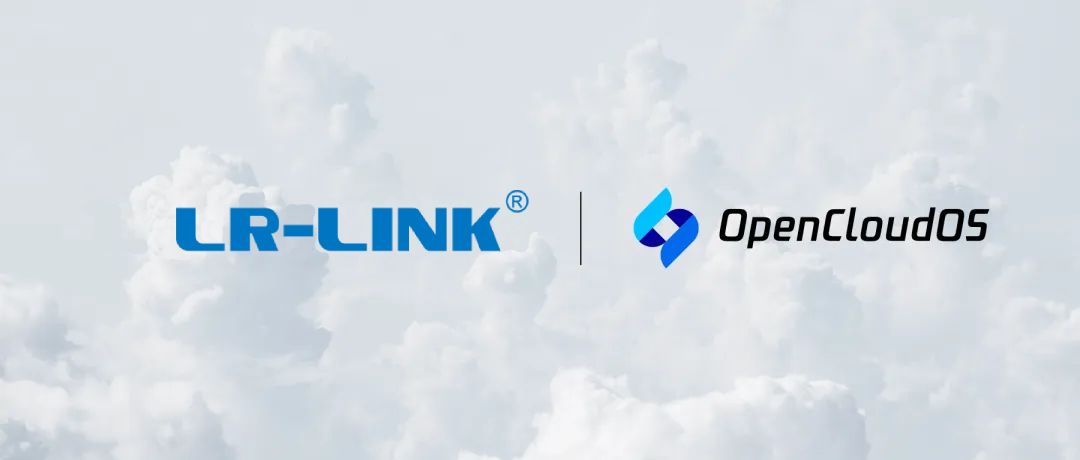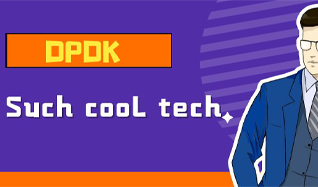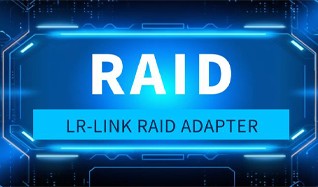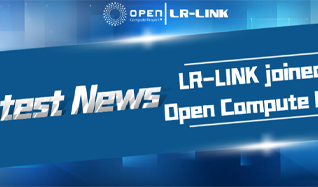





U.S. semiconductor manufacturer Intel plans to invest 33 billion yuan in chip production and research and development in Europe, and plans to invest more than 40 billion U.S. dollars in building and optimizing chip manufacturing facilities. Intel also said that in the next ten years, its investment in continental Europe may be 80 billion euros.
This factory building boom is not groundless, and semiconductors are currently in a fierce political battle with their ubiquitous advantages. Faced with the anxiety of chip shortages, not only manufacturers have increased their investment, but some regional governments have also stepped up policy support. Tsai Ing-wen announced that from next year, Taiwan will train more than 500 new electronic engineering experts every year, and set up "semiconductor colleges" in five universities.
From taking high-quality chips, to selecting high-quality materials, to strict testing and checking, to high-quality after-sales service. As a professional network card solution provider, LR-LINK has provided customers with high-quality products for 15 years, and also continuously optimizes product performance according to customer needs.
At a time when chip resources are in short supply, many chips are even out of stock. LR-LINK also encourages customers to focus on the Net-Swift master network card with a relatively stable supply cycle when choosing products.
In the field of Net-Swift main control solution network card, LR-LINK, which focuses on network card manufacturing and has rich experience, has a great say. Taking LR-LINK's latest Net-Swift-based master control solution LRES2047PT and its star product LRES2028PF-4SFP as examples, its advantages are gradually emerging in terms of speed and stability. The two products are Gigabit six copper ports and Gigabit four optical port network cards. In addition to supporting 10/100/1000Mbps switchable rates, on the PCIe bus interface, the two network cards use PCIe v3.0 x4, PCIe v2.1 x4, and both adapters are compatible with PCIe x8, x16 and backward compatible with PCIe v1.0. In terms of technical support, both network cards support PXE, DPDK, VMDq, SR-IOV, IPsec offload, etc. There is also one of the issues that customers are most concerned about - compatibility: both are compatible in Windows and Linux systems, and have better compatibility in Ubuntu, UOS, Zhaoxin, Phytium, NeoKylin, Deeping, etc. Provide customers with more and better choices.
From smartphones to medical devices to the F-35 fighter jet, and the data centers, machine vision and cybersecurity fields as we know them, ubiquitous semiconductors have become a new battleground for intense geopolitical competition. The global shortage of chips further confirms the huge demand for them in various fields. And we also need to focus more on Net-Swift master network cards with relatively stable supply cycles, so as to reduce the impact of unstable chip supply on the indu
